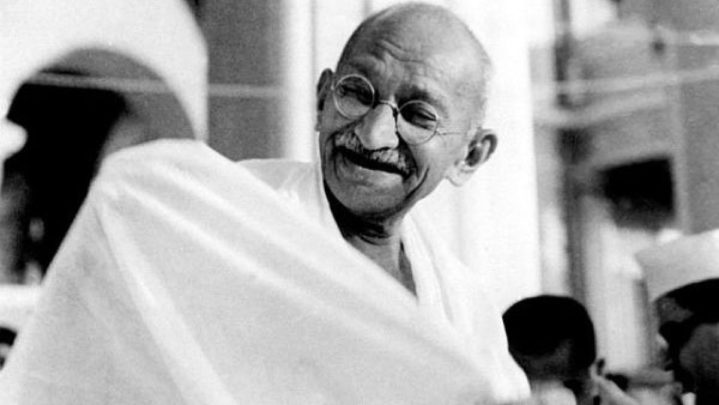Mohandas Karamchand Gandhi born on the 2nd of October 1869 was an Indian Lawyer who became a freedom fighter who is also called the Father Of The Nation. He was born and brought in a Hindu Family in Gujurat. Gandhiji was against poverty and he devoted his life to free India from the dominance of Britishers. Gandhi led nationwide campaigns for easing poverty, expanding women’s rights, building religious, ending untouchability, and above all for achieving Swaraj or self-rule.
Gandhi’s statements, letters, and life have attracted much political and scholarly analysis of his principles, practices, and beliefs, including what influenced him. Gandhi dedicated his life to discovering and pursuing truth, or Satya, and called his movement satyagraha, which means “appeal to, insistence on, or reliance on the Truth”. The concept of nonviolence (ahimsa) has a long history in Indian religious thought, with it being considered the highest dharma (ethical value virtue), a precept to be observed towards all living beings (sarvbhuta), at all times (sarvada), in all respects (sarvatha), in action, words and thought.
You must be the change you wish to see in the world.
Live as if you were to die tomorrow; learn as if you were to live forever.
First they ignore you, then they laugh at you, then they fight you, then you win.
You must not lose faith in humanity. Humanity is an ocean; if a few drops of the ocean are dirty, the ocean does not become dirty.
The best way to find yourself is to lose yourself in the service of others.
Strength does not come from physical capacity. It comes from an indomitable will.
Freedom is not worth having if it does not include the freedom to make mistakes.
The weak can never forgive. Forgiveness is an attribute of the strong.
If I have the belief that I can do it, I shall surely acquire the capacity to do it even if I may not have it at the beginning.
Nobody can hurt me without my permission.
Change yourself – you are in control.
Without action, you aren’t going anywhere.





